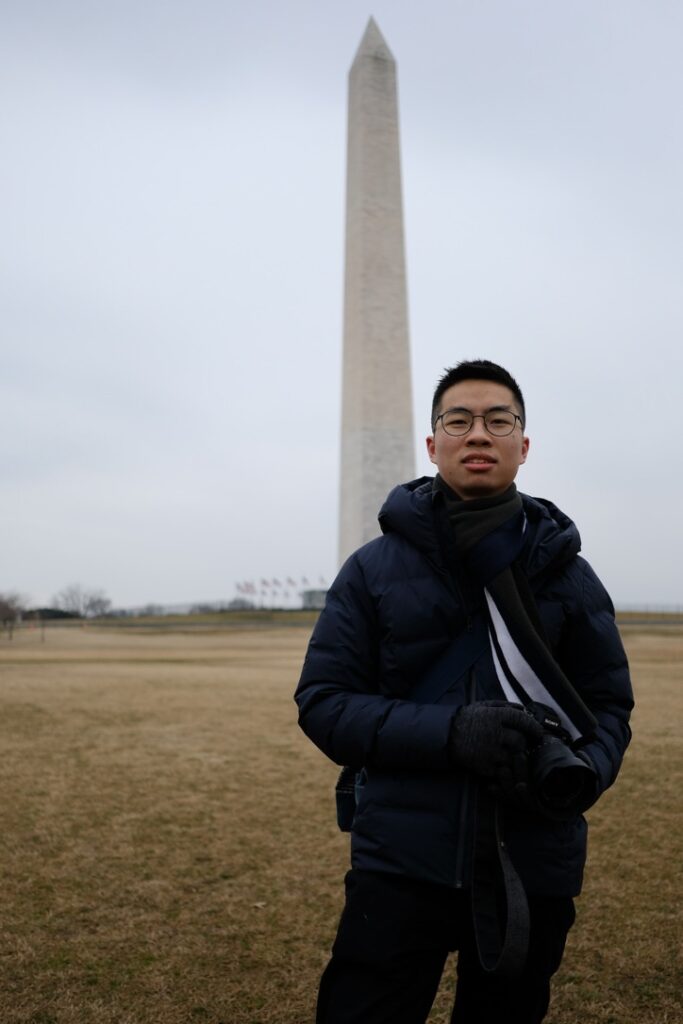We are living in an age of information explosion and unequal access to knowledge has been drastically reduced by the invention of internet (And of course, Youtube!). This means all of us have the opportunity to share and obtain knowledge whenever and wherever we want. There are some really smart and cool people out there sharing their insights and perspectives and we can stand on their shoulders to make our own decisions and form our own opinions.
That said, here are some resources I found really useful.
CS/Math Related:
- CS231n Convolutional Neural Networks for Visual Recognition from Stanford. It gives you the opportunity to nail down all the basics of neural networks.
- Missing Semester from MIT. It teaches Bash, Vim, Git, and all the fun stuff. If you aren’t familiar with some of them, this course can greatly improve your productivity.
- Gilbert Strang lectures on Linear Algebra from MIT. Probably the most intuitive linear algebra course I’ve found so far and Professor Strang sounds like such a kind and nice person. I had to figure those understanding myself during freshman year because while Ph.D. students are very familiar with the content, they aren’t the best teachers on those subjects.
- Matrix Methods in Data Analysis, Signal Processing, and Machine Learning from MIT. Taught also by Gilbert Strang.
- 3Blue1Brown on various cool math stuff. It has THE BEST visual intuitions on many of the often neglected mathematical concepts, like Eigenvalue/vectors, Fourier transformations and etc. This makes me feel jealous, I’m sure students in the future have far better “textbooks”.
- Computerphile on a broad range of CS concepts. Fun videos to watch when you have nothing to do.
- TwoMinutePapers on lots of computer graphics and machine learning papers. While it does not explain all the technical stuff in detail, it does cover some of the important advancements in the aforementioned field.
Books and Reads:
- Deep Learning from Ian Goodfellow, Yoshua Bengio and Aaron Courville
- Artificial Intelligence from Stuart Russell and Peter Norvig
Other cool channels:
- CrashCourse. This is probably one of my favorites since high school. It has courses on history, CS, economics, philosophy, psychology, biology and etc. It has some really cool animations and very intuitive explanations. Great for expanding the horizon of knowledge.
- Scishow – Psych. Tons of videos on Psychology. It helps us understand how our own minds work.
